Community managers know their members better than anyone, right? But knowing individual members on a personal level isn’t the same as knowing your community population, or what brought them to you in the first place. This short guide walks you through the foundation of building member personas for your community program.
Inside we cover:
- the definition of community member personas (and how they differ from traditional marketing personas
- six essential persona mapping questions
- three critical persona mapping characteristics
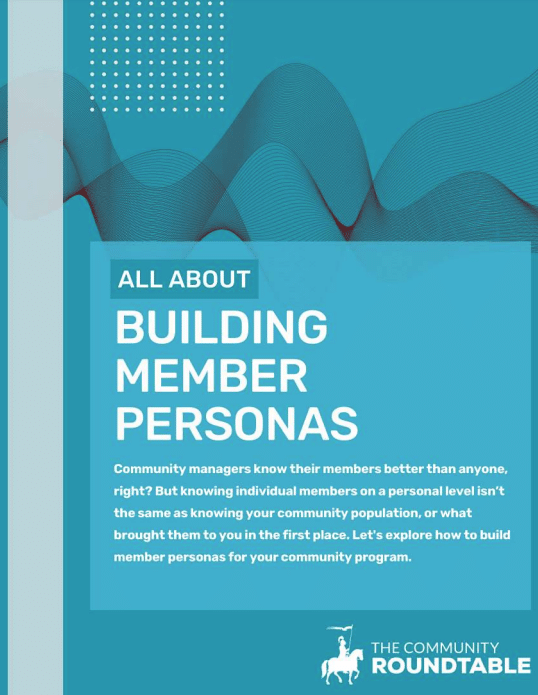
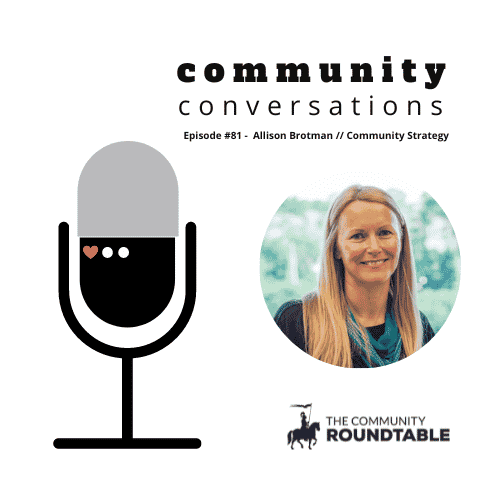
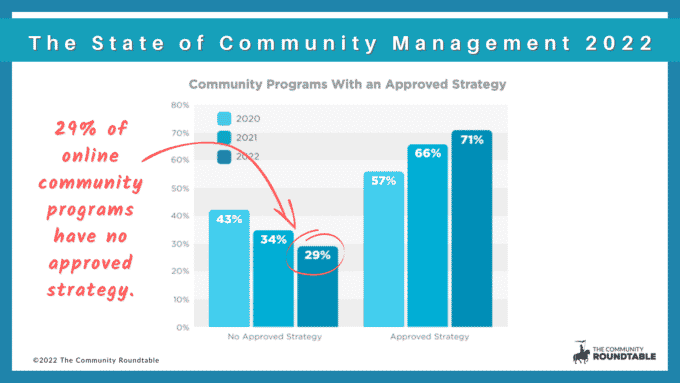
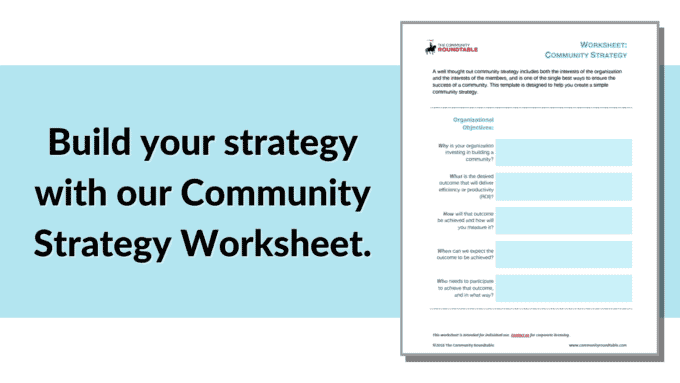
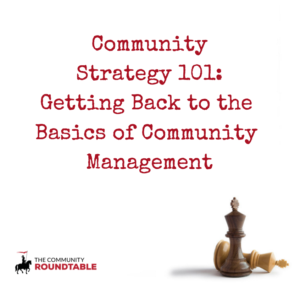 By Shannon Abram, The Community Roundtable
By Shannon Abram, The Community Roundtable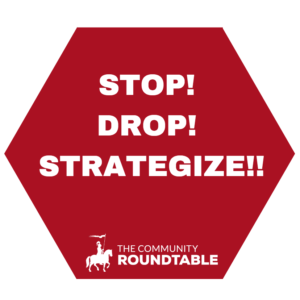 achieve them. When you have a roadmap, your conversations with stakeholders become more productive. Instead of talking about “why we should invest in community,” you can discuss where to target your investments.
achieve them. When you have a roadmap, your conversations with stakeholders become more productive. Instead of talking about “why we should invest in community,” you can discuss where to target your investments.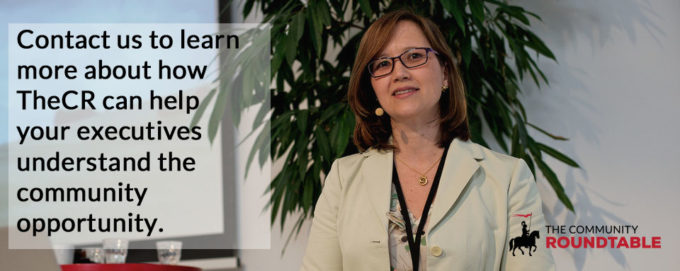
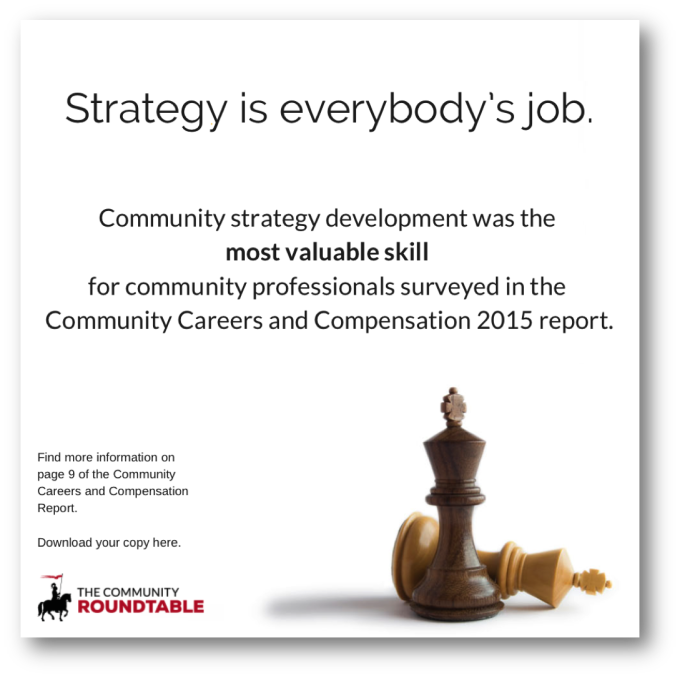
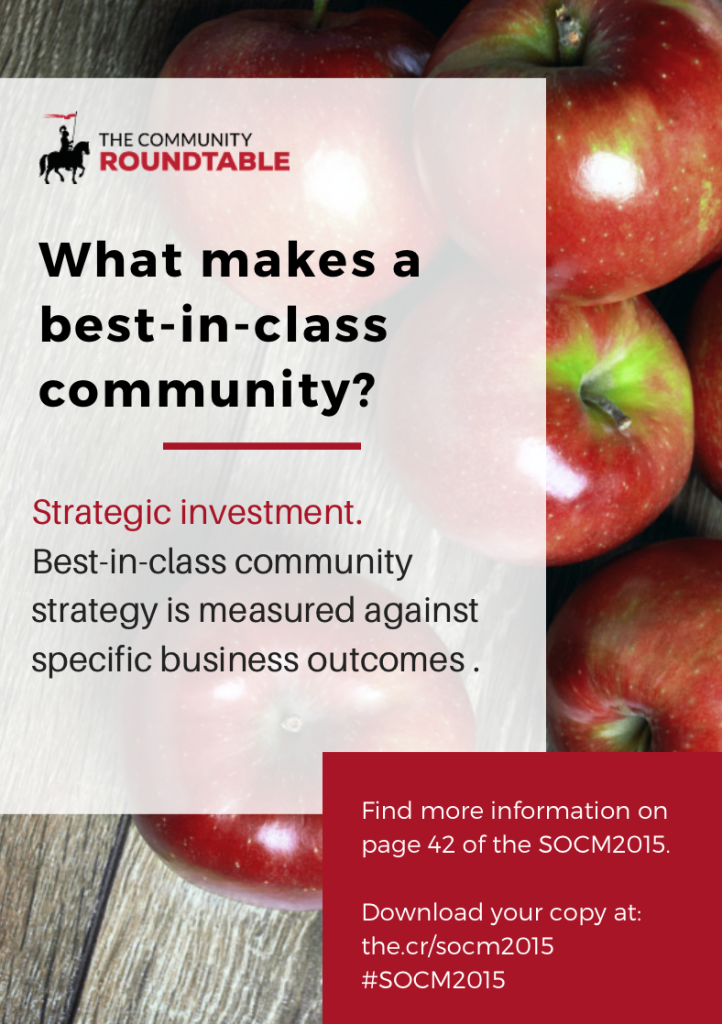
 We have learned a lot about communities recently, thanks to a new service we launched last year – the
We have learned a lot about communities recently, thanks to a new service we launched last year – the  By
By 